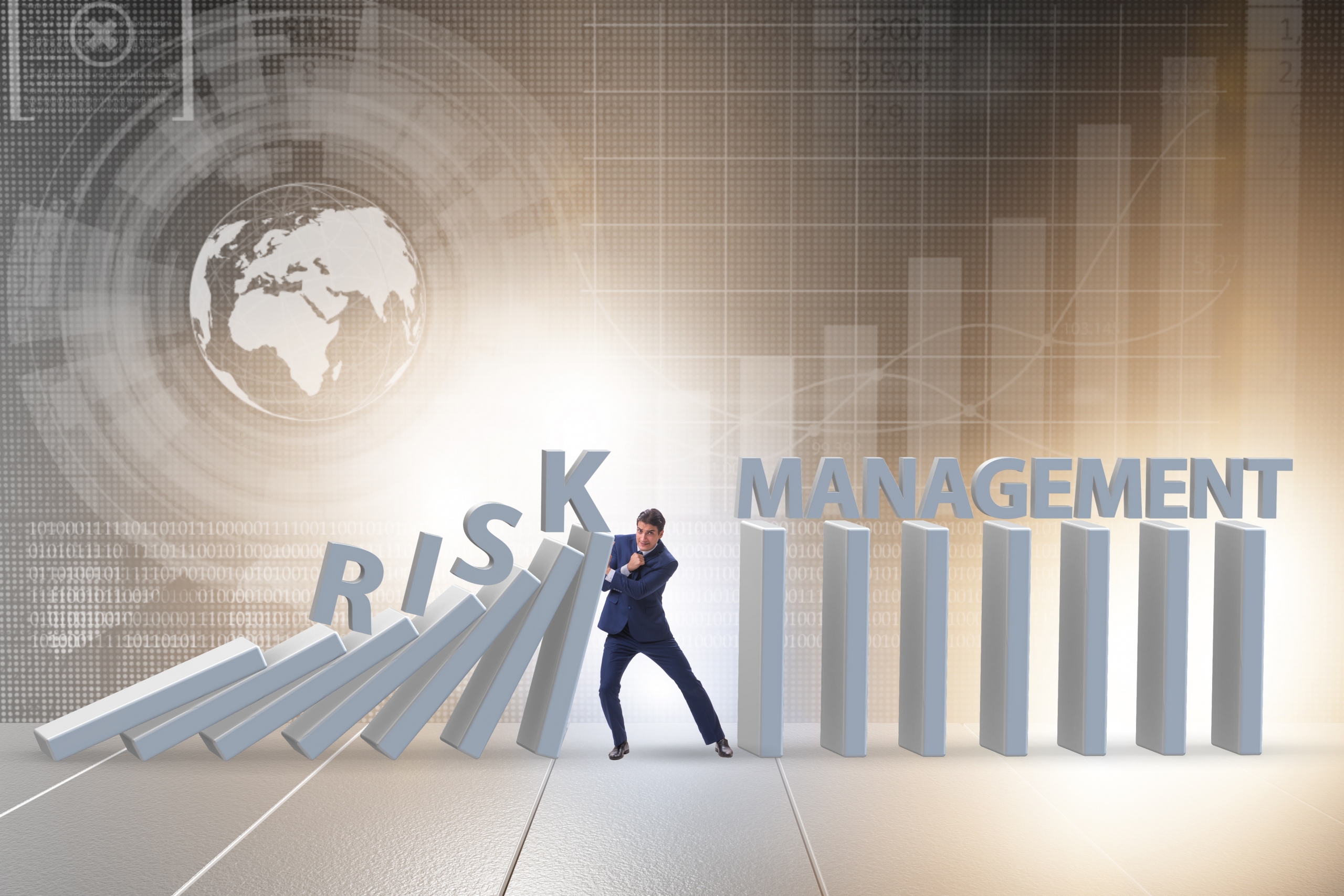The main risks faced by companies worldwide

The scenario of the risks faced by companies until the outbreak of the recent pandemic
The covid-19 pandemic has created a clear dividing line in the rankings of emerging risks caused to companies by external factors, both nationally and globally.
Until the spread of the pandemic, extreme weather events related to climate change, which occur more and more often and are increasingly intense, the failure of climate change mitigation measures, and major natural disasters were ranked at the top. Ignoring these long-term risks has led to catastrophic consequences worldwide, for people and businesses.
How the scenario changes with the pandemic
Even the pandemic phenomenon that unleashed in 2020 can be considered a long-term risk which, in addition to causing the loss of millions of human lives, has highlighted the health inequalities that have long afflicted the world.
One of the most disconcerting aspects of this phenomenon is the speed with which scenarios change, and the speed with which we have to adapt to these changes, to difficult situations, in other unimaginable times, which eventually become normality. It is with this new “normal” that the whole world has to live with and compromise every day.
Companies and entrepreneurs have been deeply penalized by the upheavals generated by the measures adopted in order to limit and contain the epidemic, and still continue to suffer the consequences.
The new ranking of risks faced by companies
Lockdown and business interruption
In the first places, among the main risks there is the interruption of activities, mainly due to lockdowns, curfews, the rules of the green pass. The interruption of the activity dramatically affects the company that does not produce, does not earn, but still has to incur fixed expenses, and face tax and bank charges.
IT Risks
Cyber risks follow (cybercrime, data breach, IT failures). For the first time ever, cyber incidents become the most important risk for companies around the world. The pandemic is causing more remote work and greater digitalization, intensifying IT vulnerabilities. Ransomware incidents are escalating, increasingly targeting large companies with sophisticated attacks and extortion cases. The wave of digitalization following the pandemic has created opportunities for intrusion with new risk scenarios that are constantly emerging.
Other risks due to the pandemic
This is followed by the risks generated by the pandemic, such as health and workforce problems, traffic restrictions and non-material damage, such as cyber damage or energy blackouts. The pandemic has led to wider digitization, an increase in remote working and the growing dependence of companies and businesses on information technologies, and their need to take preventive measures to defend against cyber attacks.
All this has generated changes in the markets – sudden changes in the prices of financial assets, increased competition even with the arrival of new operators, mergers and acquisitions, as well as stagnation and market fluctuations. The pandemic requires the constant adoption of new technology, with consequent changes in the regulatory environment, and at the same time we are witnessing a systematic disappearance of historical and traditional sectors.
Political and social protests
Another risk that companies have to face is that of political and social unrest which, with the increase in socio-economic repercussions due to Covid-19, occurred during 2021 in particular in Europe and the Americas. In most cases, the demonstrations were particularly violent and destructive.
Natural disasters
These new realities do not make the traditional risks disappear, which must always be taken into account in the risk management agenda, such as natural disasters, extreme meteorological phenomena, fires, which remain the main causes of business interruptions for many sectors. and which over time show a tendency to worsen the losses related to them.
Climate change at the top of the agenda of corporate boards
Although the topic of climate change has dropped to 9th place, the need to combat climate change remains more important than ever, and must be a priority on the agenda of the corporate boards, which must adapt the decisions related to their business to the need for a low-carbon world, and risk managers must be at the forefront of this transition path.
The main action that companies are taking to address the increased vulnerability related to business interruption is to improve business continuity plans, followed by the development of contracts with alternative or multiple suppliers, investment in digital supply chains and improvement supplier selection and auditing. Business continuity planning must become more holistic, cross-functional and dynamic and must monitor and measure emerging or extreme loss scenarios, and be constantly updated, tested and integrated into an organization’s strategy.
In this risk scenario, it is becoming increasingly important to rely on expert and reliable partners for the development of risk management and loss adjustment strategies.
Novires, with its many years of experience in insurance appraisals and claims management, is able to act as a solid point of reference for both insurance companies and policyholders, ensuring both speed in the management of each claim, accurate assessment of any damage , lower costs for insurance companies and quick and fair compensation for policyholders.
